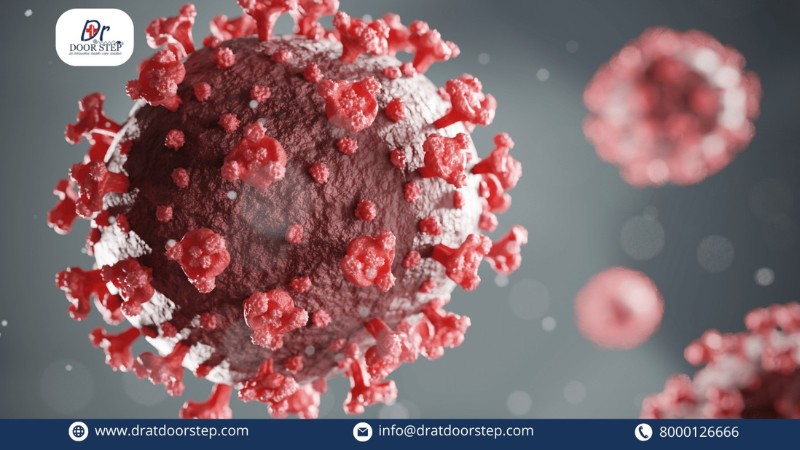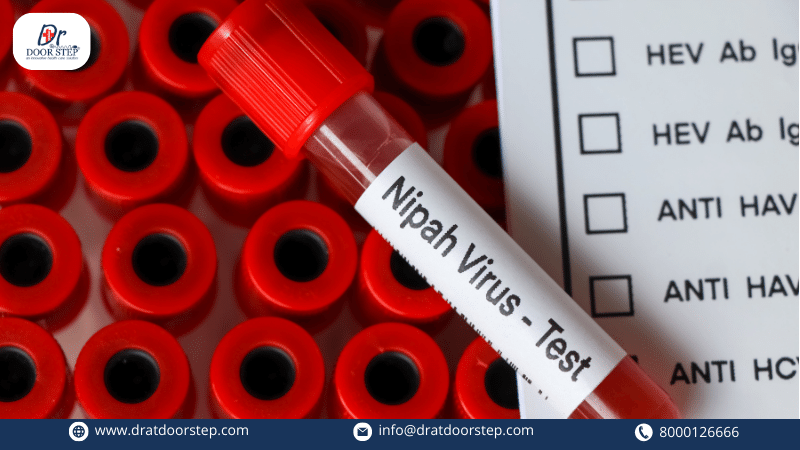Causes, Symptoms And Treatment of Nipah Virus


How Doctor Visit at Home Services.
In a city as bustling as Chennai, one lesson life teaches us again and again is this: health cannot wait. Whether.
Read More
A Detailed Guide to Dengue, Chikungunya,.
The constant fevers that affect communities all over the country arrive with the monsoon season. Our health and well-being are.
Read More

